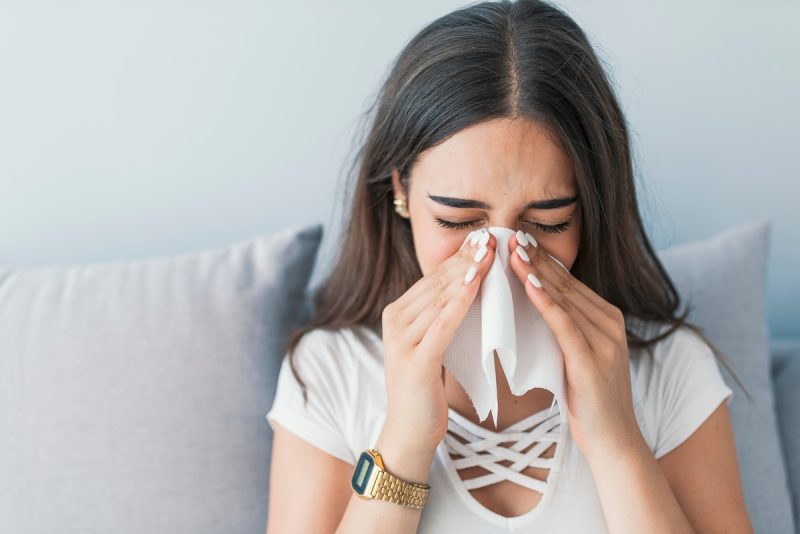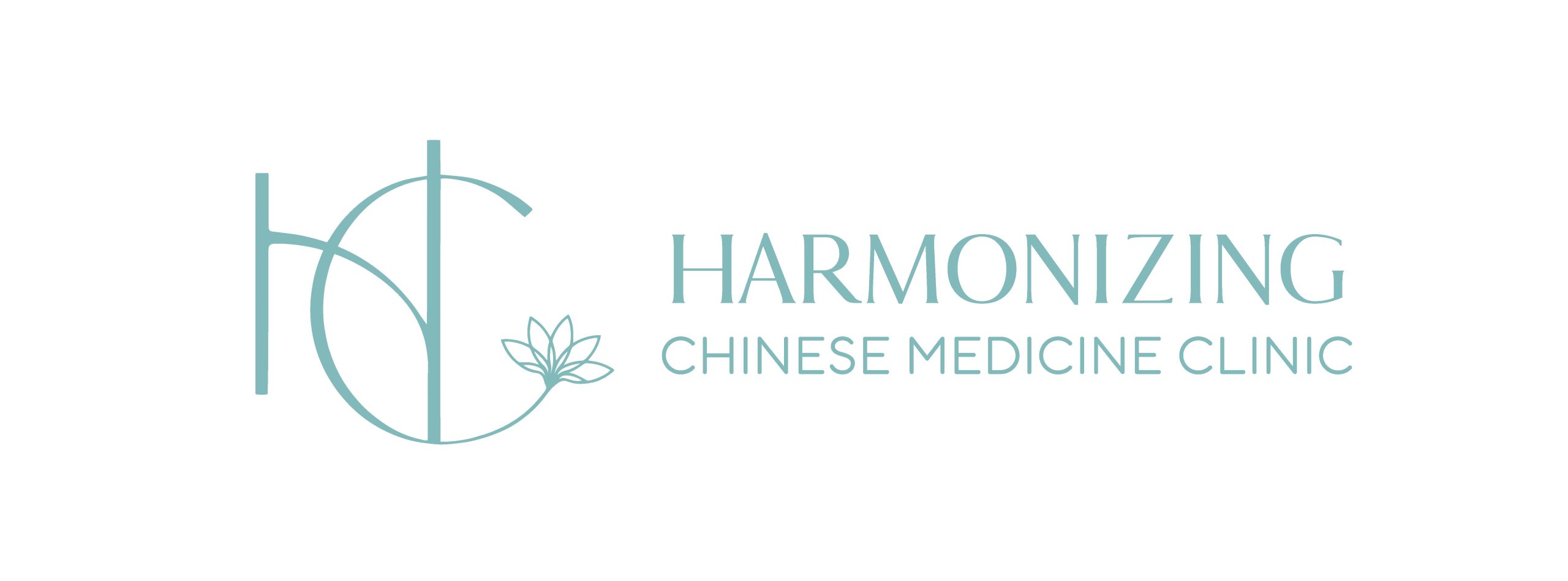Short answer, Yes!
Hay fever, medically known as allergic rhinitis, is an allergic reaction to airborne substances such as pollen and dust mites etc. It’s a common condition characterized by inflammation and irritation of the nasal passages and other symptoms.
Types of Hay Fever
- Seasonal: Occurs primarily during specific seasons when certain plants release their pollens into the air.
- Perennial: Continues throughout the year, usually due to indoor allergens like dust mites or, mold etc.
Symptoms of Hay Fever include:
- Frequent sneezing
- Runny or Stuffy Nose
- Itchy or Watery Eyes
- Itchy Throat or Ears
- Coughing
- Fatigue due to disrupted sleep or persistent symptoms.

What is the Traditional Chinese Medicine’s Perspective on Hay Fever?
Unlike Western Medicine’s approach, where conventional treatment usually involves the use of decongestants and antihistamines etc to alleviate the symptoms primarily, Traditional Chinese Medicine (TCM) understood Hay Fever as an imbalance in the body’s Qi (vital energy) and an overreaction of the body’s defensive Qi (immune system) to external pathogen. TCM sees it as a disruption in the body’s defensive Qi and an imbalance in specific organs or channels.
Key Concepts of Chinese Medicine regarding Hay Fever
- External Pathogens: Hay fever is often attributed to an invasion of external pathogens, particularly Wind, which carries the allergens. Wind is considered one of the causes of illness in TCM. It is believed to carry other pathogenic factors like Cold or Dampness.
- Defensive Qi Deficiency: When the body’s defensive Qi is weakened or imbalanced, it fails to properly defend against these external pathogens, leading to allergic reactions.
- Organ Imbalances: According to TCM theory, imbalances in specific organs or channels, such as the Lung and Spleen, may contribute to the development of Hay Fever symptoms.
Chinese Medicine Treatment & Approach
At Harmonizing Chinese Medicine Clinic, our TCM practitioners tailor treatments for hay fever based on your specific symptoms, constitution and overall health conditions. The goal is to restore balance to your body’s energy, strengthen the immune system and reduce the frequency and severity of allergic reactions. Hence, the treatment plan for hay fever in TCM is holistic, considering various aspects of your health.
Acupuncture for Hay Fever
Acupuncture involves the insertion of thin needles into specific points on the body to stimulate Qi flow and restore balance. To manage Hay Fever, our TCM practitioners use acupuncture to:

- Relieve Symptoms: In the short term, we target specific TCM acupuncture points to alleviate symptoms such as nasal congestion, runny nose, itchy eyes, and sneezing.
- Balance Qi: In the medium term, focusing on points related to various channels and points that is unique to the individual’s conditions, it seeks to dispels pathogenic Qi.
- Strengthen Defensive Qi: In the long term, certain acupuncture points can also be used to strengthen the body’s Defensive Qi to help prevent future allergic reactions.
Acupuncture points that may be useful are Hegu (LI4), YinXiang (LI20), LieQue (LU7). However, acupuncture points used at each session is still highly dependent on the individual’s conditions and should only be practised by an accredited and experienced acupuncturist.
TCM Herbal Remedies for Hay Fever
Tailored-made herbal medicine in forms of granule powder or pills are commonly used to address the underlying imbalances. It can also support and strengthen your body’s Defensive Qi and reduce the body’s hypersensitivity to allergens.
TCM diet for Hay Fever
Generally, spices that are pungent e.g. garlic, onion, spices, chilli and pepper should be avoided. Excessive cold, raw, deep fried food and alcohol should be kept to the minimum. However, each individual’s condition is different, hence a thorough consultation with a TCM practitioner is needed for a precise dietary recommendation.
TCM lifestyle tips for Hay Fever prevention
To achieve a sustainable outcome, with TCM Acupuncture and Herbal medicine, one should also incorporate some lifestyle adjustments. Adjustments include managing a healthy level of stress, regular exercise and maintaining a healthy diet. This will go a long way in achieving a hay fever free life.
Conclusion
From TCM’s perspective, to treat Hay Fever, it looks to approach it holistically, which considers the body’s energy balance and immune system function. As you navigate through the specific acupuncture points, Chinese herbal medicine and dietary recommendations, you will see and feel the profound impact these practices can have on alleviating Hay Fever symptoms naturally.
Next Steps
- Consultation: Consider scheduling a consultation with a qualified TCM practitioner to discuss your specific situation and explore personalized solutions unique to your constitution.
- Educate yourself: Equip yourself with a basic understanding about TCM core principles and how they are able to complement your journey toward a symptom-free life during Hay Fever season.
Remember, your well-being is a continuous journey, and Traditional Chinese Medicine offers a time-tested path to harmony and health. Embrace the wisdom of TCM, and let it guide you toward lasting relief from Hay Fever.
For more personalized guidance and insights, reach out to Harmonizing Chinese Medicine Clinic at 08 9313 7889 —your dedicated partner in holistic wellness.
